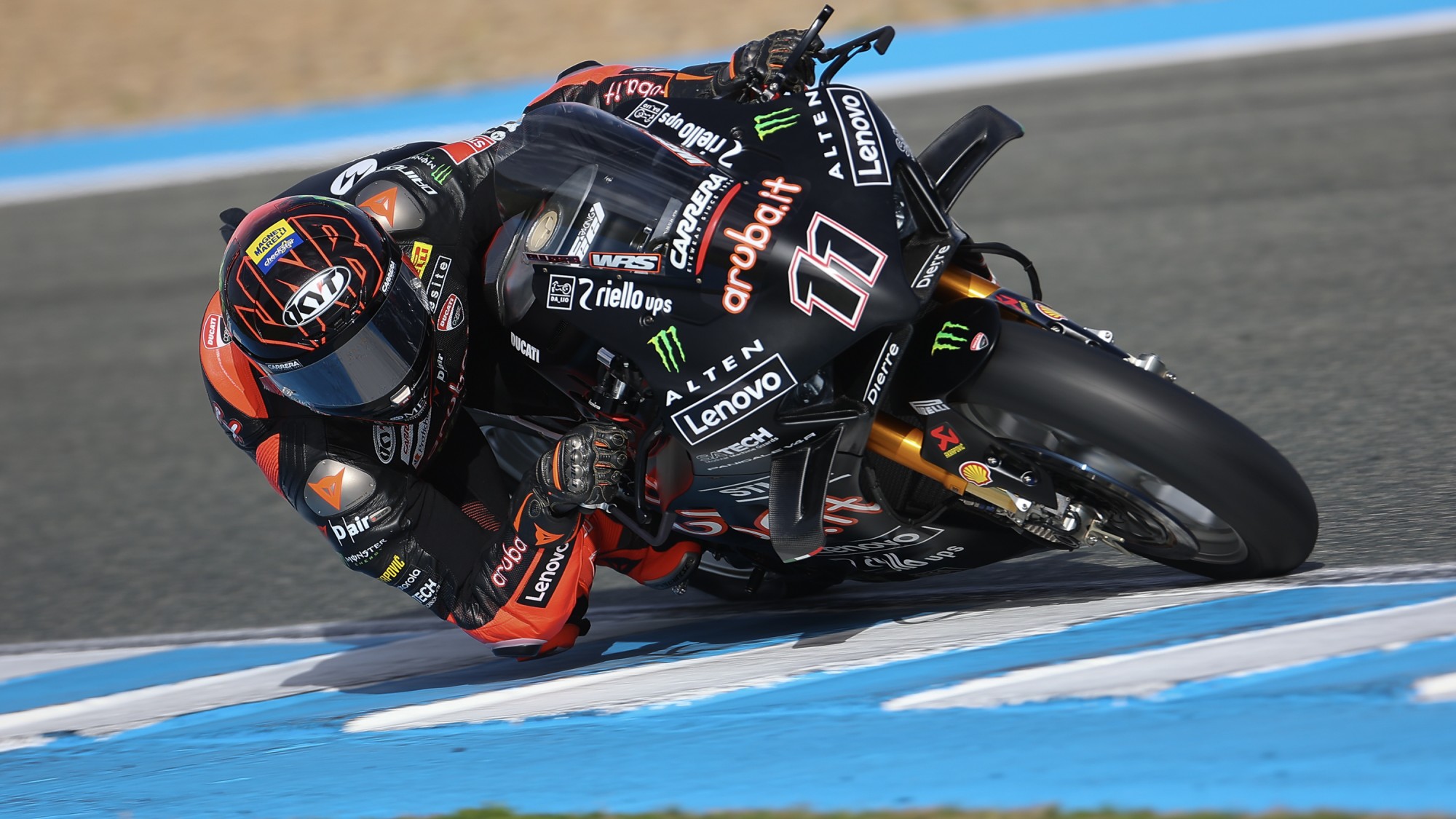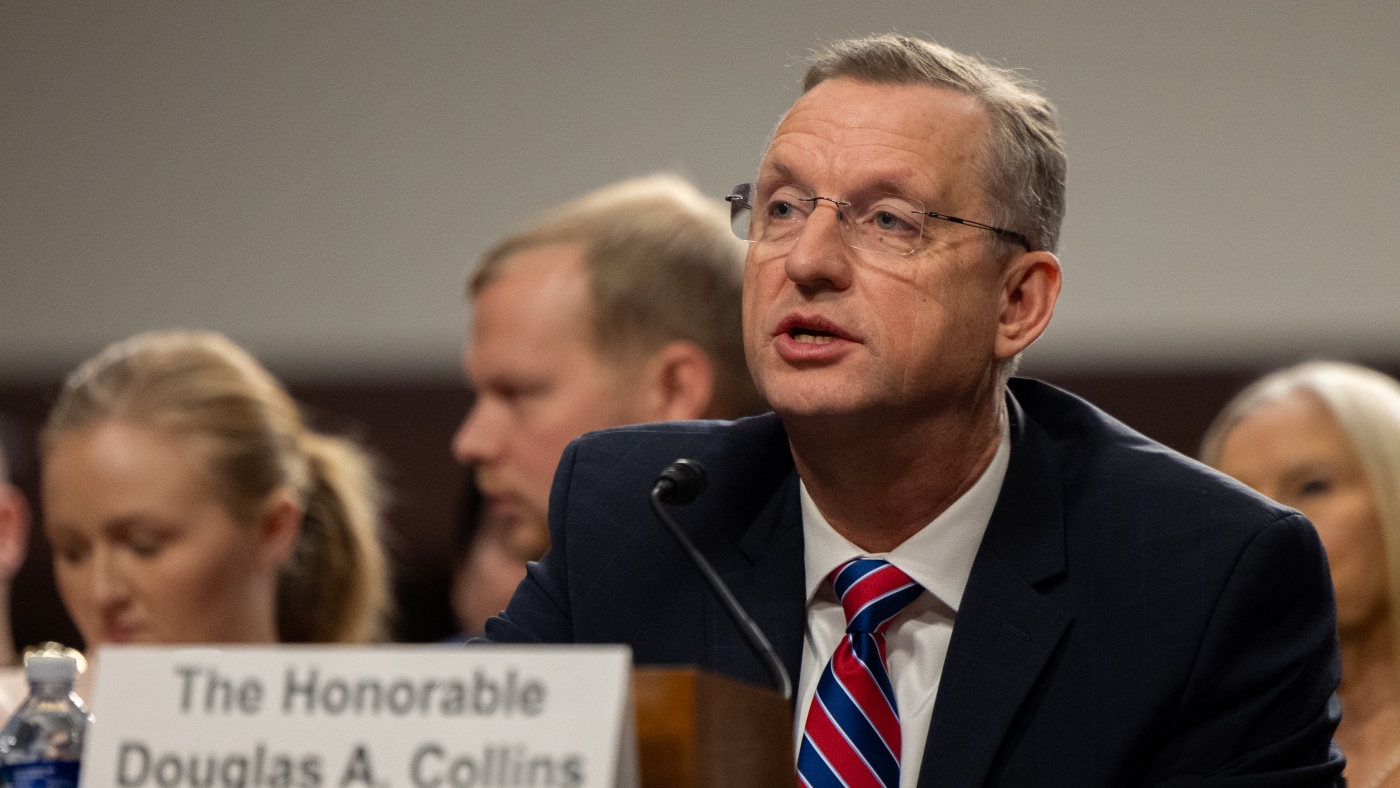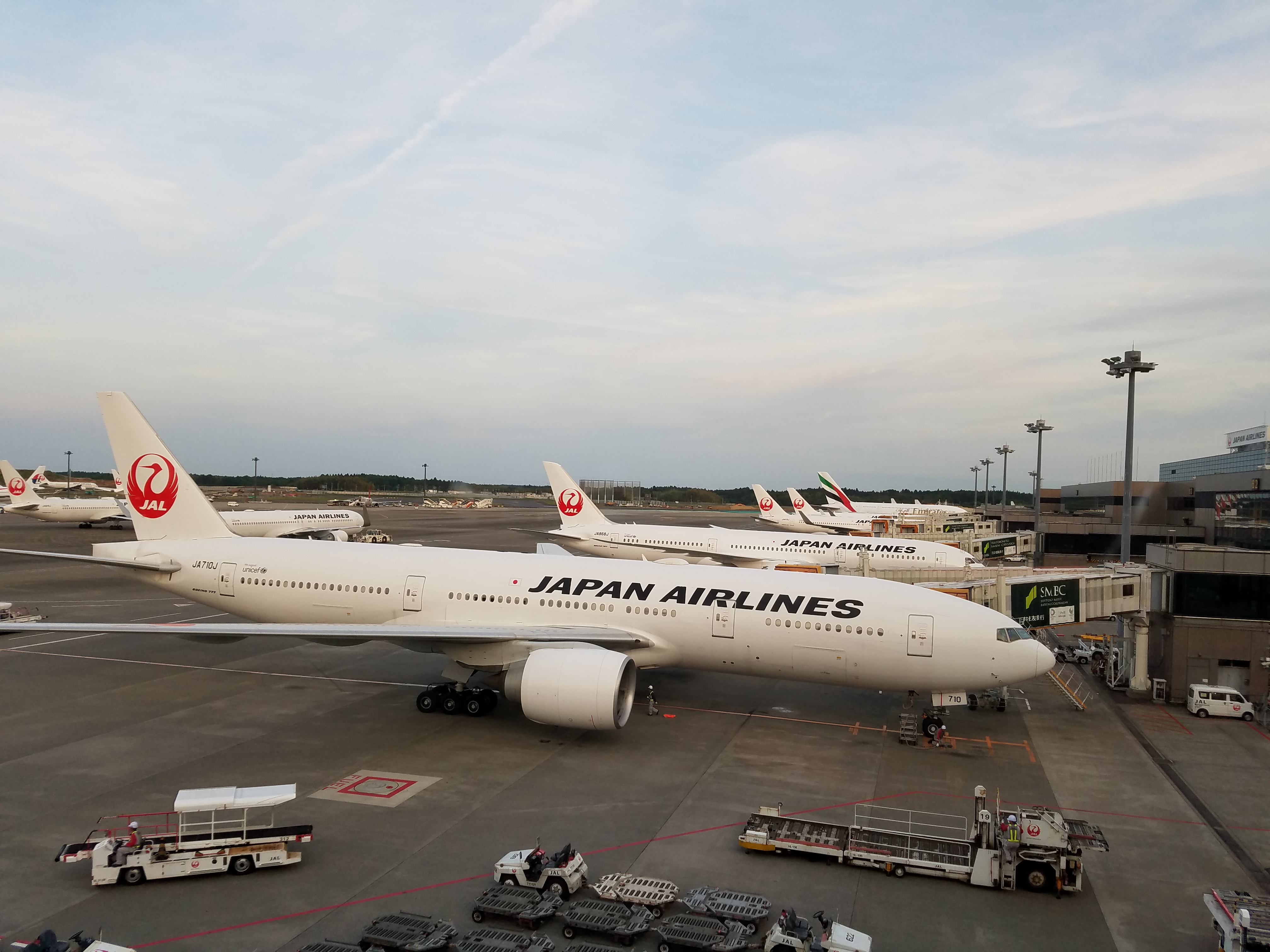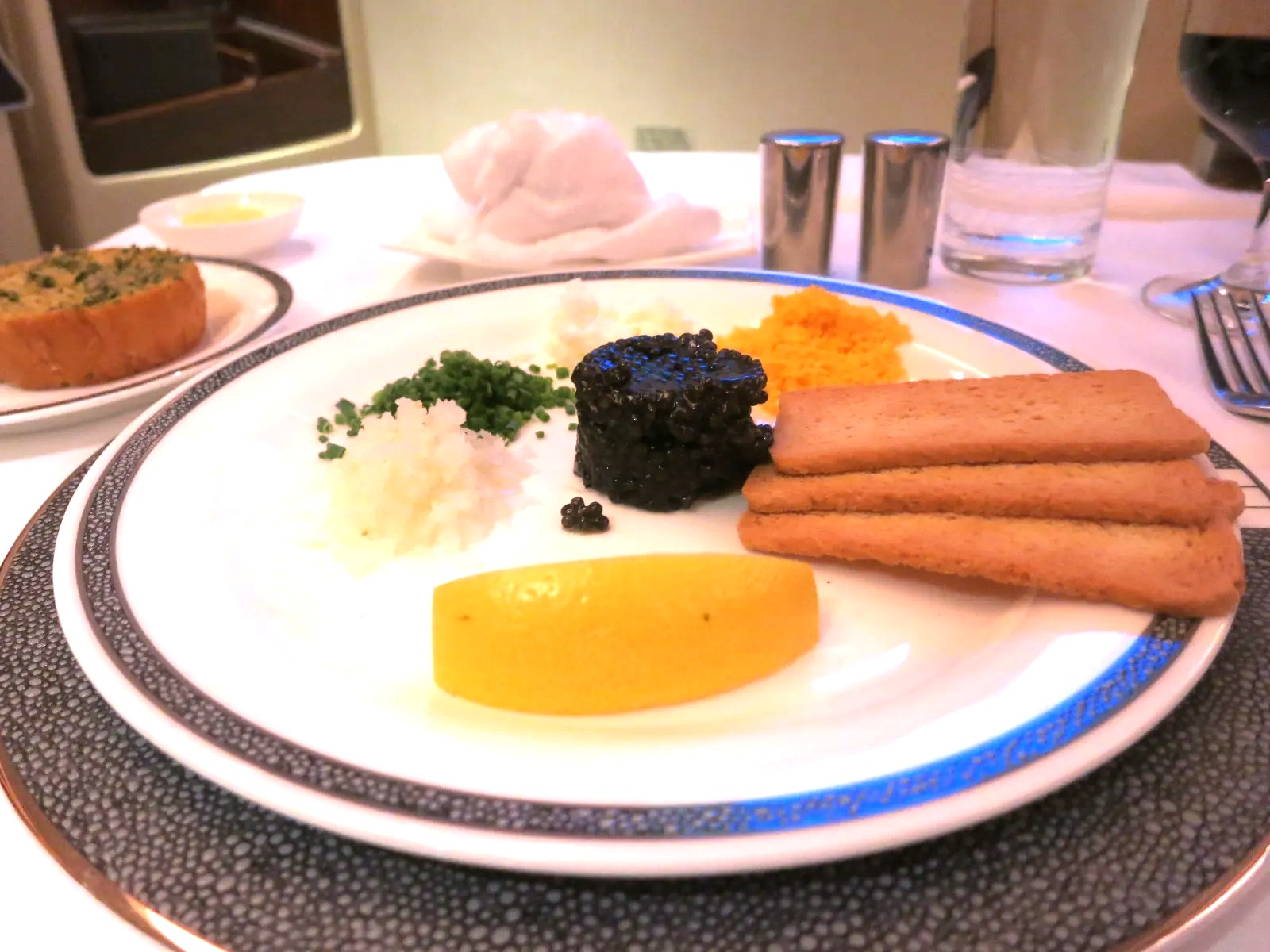A Ukrainian F-16 pilot's unprecedented shootdown of 6 missiles in a single mission shows how its air force has evolved
Ukraine said one of its F-16 pilots shot down six missiles, which it said would be a record for the American jet.
AP Photo/Efrem Lukatsky
- Ukraine said one of its F-16 pilots downed a record-breaking six cruise missiles in one mission.
- That shows how much Ukraine's air force has developed, a former US F-16 pilot told BI.
- All of its systems had to work well, and it showed how Ukraine is fighting more like the West.
A Ukrainian pilot's record-breaking shootdown of six missiles with an F-16 offers insight into how much its air force has developed as it fights back against Russia's invasion.
Throughout much of the war, Ukraine's air force faced one of the world's biggest air forces with a fleet of older, Soviet-designed combat aircraft while begging the West for F-16s readily available in NATO arsenals.
The US, however, refused to allow the transfer, even as other allies pushed to give Ukraine the aircraft. Washington felt they would arrive too late, that training would take too long, and the jets could prompt Russian escalation. But it eventually relented.
Early usage of the aircraft in combat saw the loss of an airframe and the Ukrainian pilot, raising questions about how much of an impact the jets could make.
But Ukraine's assertion that one of its F-16 pilots downed six Russian cruise missiles in one mission — which it said is a record for the American-made fighter jet — shows how much Ukraine's air force has developed, a former American F-16 pilot told Business Insider.
Responding to missile threats requires coordination and quick reaction. Ret. Col. John Venable, a 25-year veteran of the US Air Force and a former F-16 pilot, told BI the pilot being alert, able to get a notification, and get out in time to intercept all of those missiles "says a lot" about "the capabilities are of the Ukrainian Air Force." AP Photo/Efrem Lukatsky
The reported intercept spoke to "their ability to actually detect" cruise missiles and "then scramble fighters in order to successfully intercept them." he said. Cruise missiles do not fire back like a Russian jet would, but it was a very impressive showing of Ukraine's air force.
Responding like this was "no simple task," Venable said, which required all of Ukraine's command and control systems, as well as its sensors and radars, to work together. He said that to "actually find, fix and engage threats that are inbound to your nation, that says a lot about their command and control."
Fighting like the West
Venable said the event shows how much Ukraine has been fighting like the West does.
He said Russia's "command and control apparatus is basically scripted," which means they have an issue letting pilots "go out and actually do what you are required to do without someone doing a puppeteer thing over the top of you."
The Ukrainian F-16 pilot pulling off what Ukraine says they did "says a lot about how far the Ukrainians have come" from their Soviet start and that "scheme of close control."
Peter Layton, a fellow at the Griffith Asia Institute and a former Royal Australian Air Force officer, told BI the intercept showed the pilot had "good training" since he was "able to react quickly to a changing situation."
"Russian pilots have a reputation of needing to receive orders from their ground controllers,'" he said. This event demonstrates Ukrainian pilots "have adopted Western methods of operating both independently and aggressively when the situation is right." US Air Force photo/ Senior Airman Rachel Pakenas
For instance, Ukraine said the pilot, who said he was out of missiles and short on fuel, made a quick decision to keep fighting, pursuing two more of the Russian missiles with guns, a riskier engagement requiring control of the plane and confidence a safe airfield was nearby.
Ukraine, generally, has adopted a more Western style of fighting, with individuals and leaders making quick decisions away from the central command. But Russia, though it has been learning, has been hampered by not delegating such responsibility, making it slower to respond to battlefield developments and even losing commanders as a result.
Ukraine's F-16 pilots have received training from a coalition of countries, including the Netherlands, Canada, Denmark, the US, and Romania.
The exchange is not one-sided. While many of Ukraine's soldiers have received training from Western allies, those allies say Ukraine is teaching them about tactics and how to fight Russia, too.
Western officials and warfare experts say Ukraine's tactics and successes reveal lessons that the West should learn for fighting Russia.
These lessons have been something of a trade-off as the West provides more gear and as Ukraine signs agreements with countries like the UK, Denmark, and France, with the war showing vulnerabilities in systems and tactics.
The Westernization of Ukraine's army aids its ambition to join NATO, an uncertainty while the country is at war with Russia and a question in the aftermath.
A small air force
Before Russia's full-scale invasion, some expected Ukraine's air force would be immediately destroyed in a war with Russia.
Russia attempted to wipe out Ukraine's air force at the start but failed, with Ukraine able to disperse many jets and keep them intact. Those surviving aircraft have played key roles in its defense, even as the skies remain heavily contested. AP Photo/Efrem Lukatsky
Ukraine's air force is expanding and becoming more Western with the arrival of F-16s and a pledge from France to send Mirage aircraft.
Warfare experts say Ukraine has nowhere near enough F-16s to make a difference against Russia, and the few it does have are older versions, less powerful than what many allies have and Russia's best jets. Ukraine appears to be using its few F-16s primarily to help its air defenses battle missile threats rather than sending them on risky missions against Russian jets or critical ground targets.
The Ukrainian jets, 50-year-old aircraft made by Lockheed Martin, typically fly with a loadout of four air-to-air missiles and are equipped with bolt-on self-defense pylons for detecting incoming missiles.
Venable said the air-defense mission has met his expectations for how Ukraine would use them.
Ukraine, Venable said, does not have enough F-16s, nor does it have the support systems or upgrades, to be able to use them aggressively to change the shape of the war.
Ukraine's air force is not perfect, Venable said. But the progress so far is clear. "As far as being able to intercept inbound missiles and being able to engage them, this says a lot about their capabilities."
What's Your Reaction?







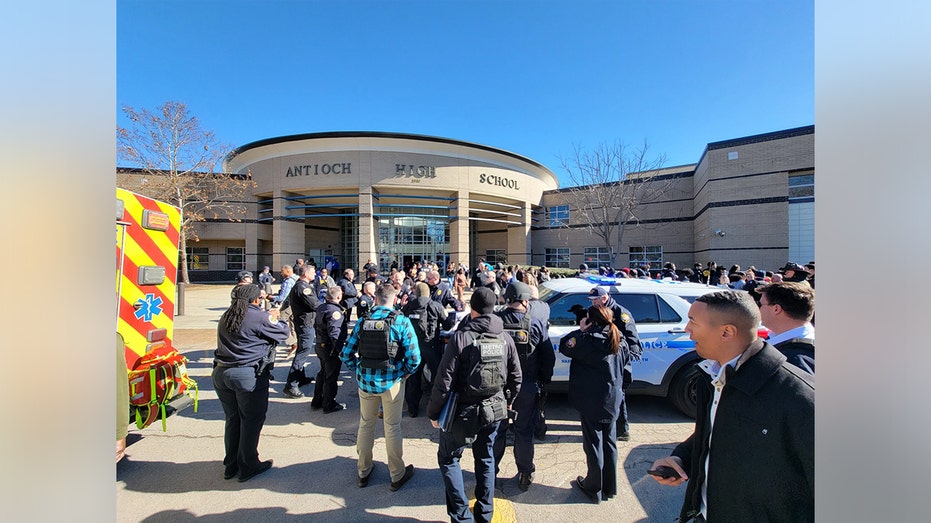






















.jpg?width=1920&height=1920&fit=bounds&quality=80&format=jpg&auto=webp#)




